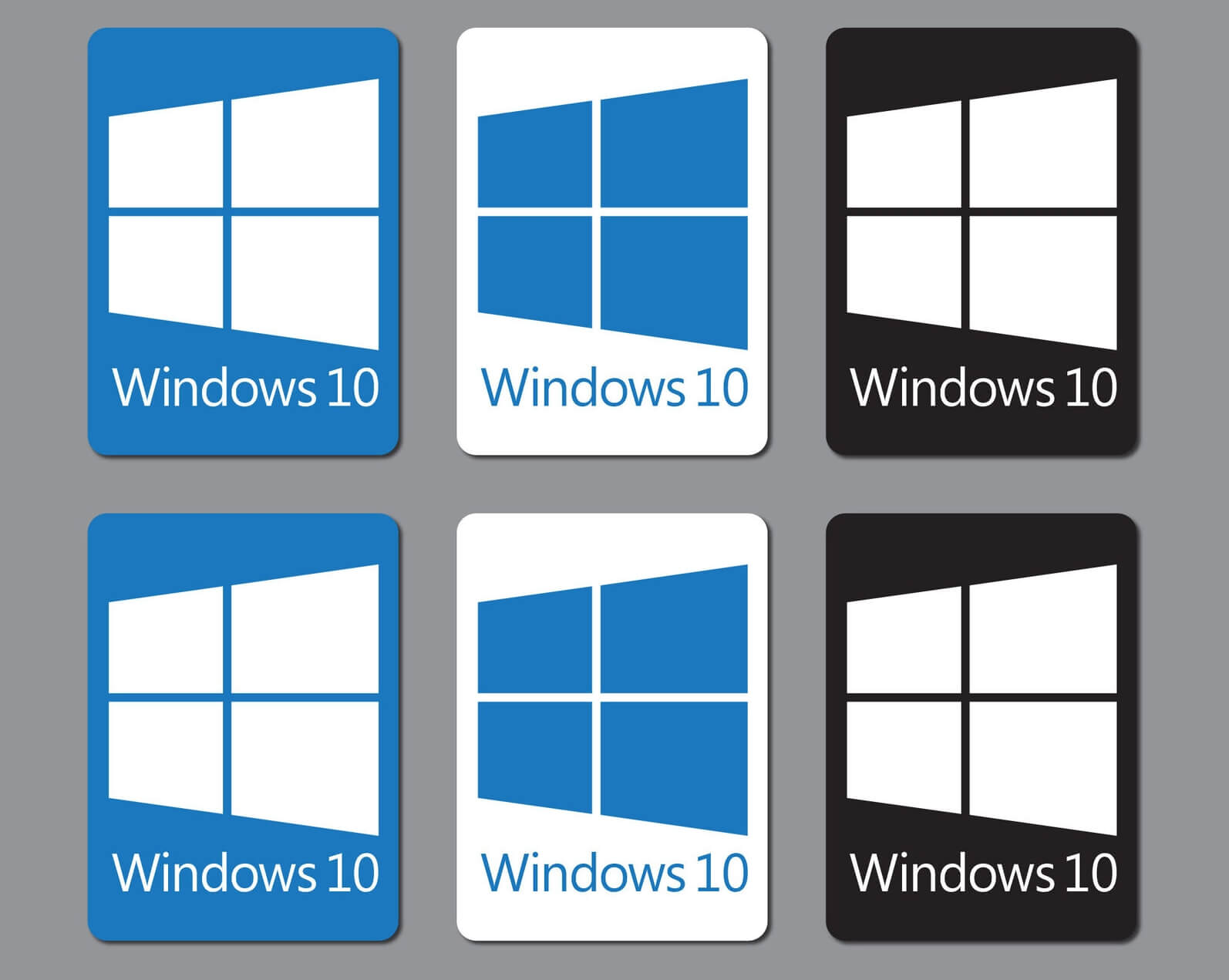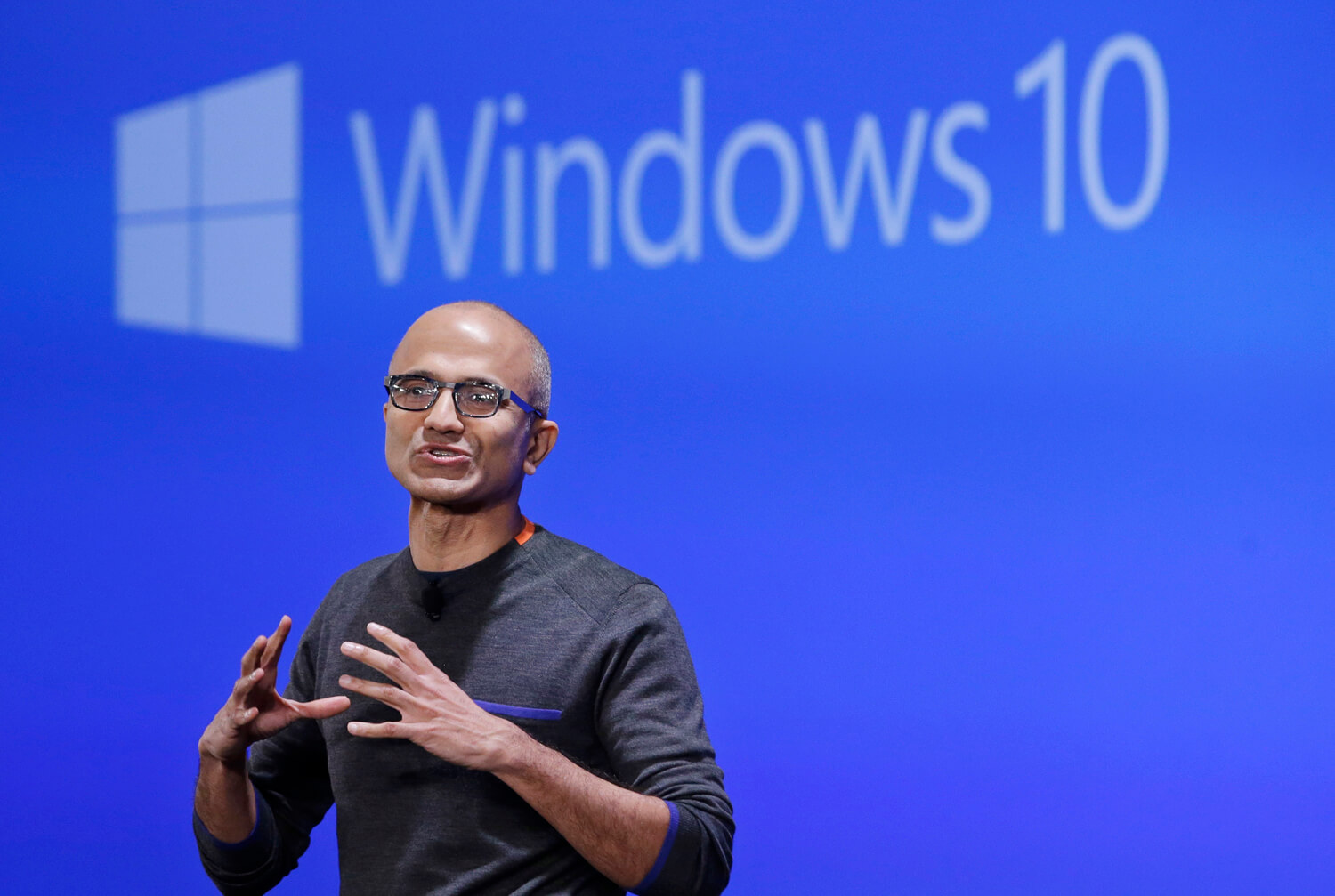The big picture: Microsoft is taking the first step in what is likely to be a tedious process to make Windows 10 a 64-bit only product. In the grand scheme of things, this is really just a formality as all of the major desktop CPU makers stopped producing 32-bit processors long ago.

As noted in this document on the matter, beginning with Windows 10 version 2004 (the May 2020 update), Microsoft will no longer supply 32-bit versions of its operating system to OEMs for new builds. That means you’ll soon no longer be able to buy a new PC running a 32-bit version of Windows 10.
Microsoft will instead only supply OEMs with 64-bit builds of its operating system for distribution on new computers.
Notably, this does not impact users that are currently running a 32-bit version of Windows 10 as Microsoft said it remains committed to providing security and feature updates for these devices. What’s more, Microsoft will still make 32-bit versions of the OS available in non-OEM channels to support various upgrade scenarios, we’re told.

Microsoft’s Windows 10 May 2020 update is expected to hit general availability in the coming weeks with a wealth of new features in tow such as better indexing support and the option to download setup files from the cloud, among others.
https://www.techspot.com/news/85229-microsoft-phasing-out-32-bit-versions-windows-10.html